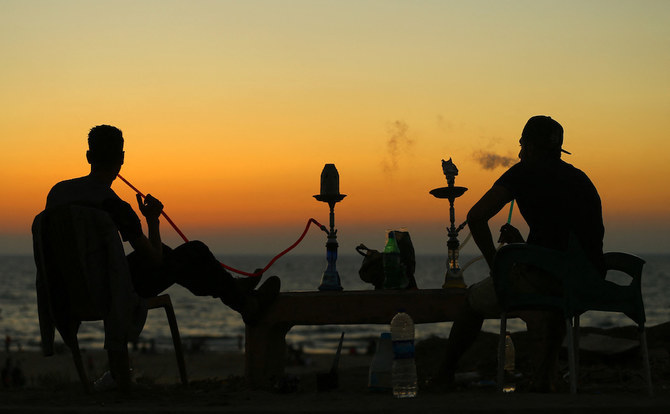RIYADH: Badael, a Public Investment Fund company, has announced the launch of its “Let’s Clear the Air” anti-smoking campaign on the occasion of the company’s one-year anniversary, which coincides with World No Tobacco Day on May 31.
Badael was established to help reduce the number of smokers in the Kingdom by providing safer alternatives in line with the Quality of Life Program, one of the initiatives included in Saudi Vision 2030. It aims to help 1 million individuals quit smoking by 2028 through the use of DZRT nicotine pouches, the first Saudi-made product designed to help people stop smoking, and, the company claims, the first of its kind in the Middle East.
Badael announced that, in its first year of operations, it has expanded its production capacity and invested heavily in research and development. It also “diversified distribution channels in major cities, fulfilling more than 1 million orders” through its website, demonstrating the company’s “commitment to its vision and focus on innovation and future expansion.”
As part of the “Let’s Clear the Air” campaign, Badael has called on individuals, companies and government bodies to join in and commit to achieving the initiative’s targets.


Badael launches anti-smoking initiative
Short Url
https://arab.news/2c4gt
Badael launches anti-smoking initiative

- Badael was established to help reduce the number of smokers in the Kingdom
- It aims to help 1 million individuals quit smoking by 2028
Saudi, Jordanian foreign ministers discuss regional developments in Riyadh

RIYADH: Saudi Arabia’s Minister of Foreign Affairs Prince Faisal bin Farhan received Jordan’s Deputy Prime Minister and Minister of Foreign Affairs and Expatriates Ayman Safadi in Riyadh on Sunday.
The two sides reviewed the longstanding relations between the two kingdoms and explored opportunities to enhance cooperation across a range of fields, the Saudi Press Agency reported.
They also discussed the latest regional and international developments and ways to coordinate positions on issues of mutual interest.
© 2025 SAUDI RESEARCH & PUBLISHING COMPANY, All Rights Reserved And subject to Terms of Use Agreement.














